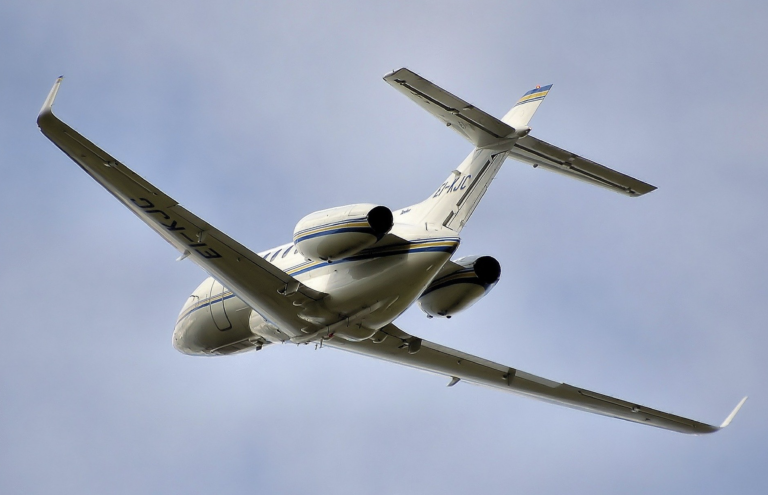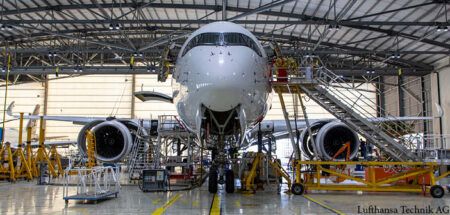COVID-19 is having a significant impact on domestic air traffic, including business aircraft flights. Data recently collected by JetTrack and reported by Bloomberg demonstrated substantial declines in the use various business aviation utilisation arrangements, including charter and fractional flights.
JetTrack data saw an 18% decline in business jet arrivals to the New York area a 33% drop to Seattle and 26% drop to Houston in the first week of March. Since then, traffic has dropped to even lower numbers.
Data provided by FlightAware and published by Reuters showed business jet and turboprop activity down 67% in the U.S. compared to the same day last year. All flights within the U.S. were down about 50% compared to the same day last year. The number of U.S. cargo flights remain relatively unaffected.
Accordingly, charter and jet cards sales are also down significantly. Charter operators reported an initial increase in charter activity as passengers abroad rushed to return to their home countries in the wake of the pandemic, but after the first week or two in March, flight inquiries decreased dramatically, with people canceling their existing reservations instead of making new ones.
A decline in jet card sales has led some companies to promote new pricing options. For example, Jet Linx normally sells annual jet card memberships for $17,500. The company is offering a 90-day jet card for $5,000. VistaJet’s guaranteed programs, which typically require a three-year commitment, are now offering short-term leases with a dedicated aircraft and crew.
While air traffic activity and sales are currently down, some charter operators are optimistic for the long-term picture – those that survive this devastating downturn will be a critical part of the nation’s eventual economic recovery.





